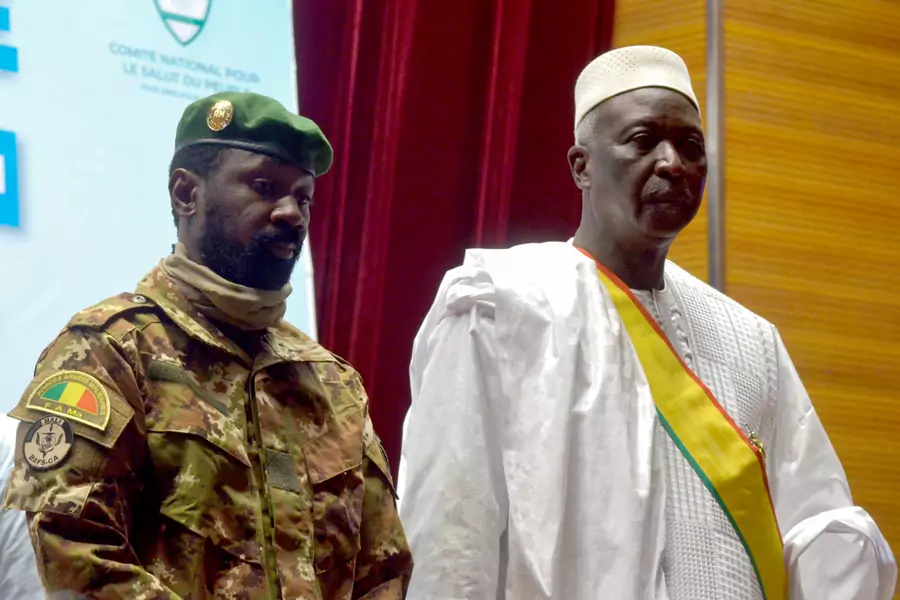Military Consolidates its Hold on Mali's Interim Government

On October 5, Mali's interim president, retired colonel Bah Ndaw, announced his cabinet. As is frequent in West Africa, it is large, with twenty-five members. It includes civilians from the country's factions, including the perennially disaffected Tuaregs in the north, civil groups based in the capital, Bamako, and the armed factions that signed a peace agreement in 2015. But the key cabinet posts remain firmly in the hands of the military: defense, security, territorial administration, and national reconciliation. The responsibilities of defense and security are conventional, territorial administration is concerned with local government, while national reconciliation deals with ethnic issues. These ministers, along with the interim president, are active duty or retired army colonels.
The prime minister, the foreign minister, and the minister of justice are civilians. But, those ministries are relatively weak. It is hard not to see them and the other civilian ministers as largely window-dressing. Mali in effect has a military government.
More on:
The government has agreed to the demand of the Economic Community of West African States (ECOWAS) for elections, and the restoration of civilian government will take place within eighteen months. Other ECOWAS demands have not been met, and ECOWAS sanctions remain in place. The media describes them as "crippling," but their actual impact is probably exaggerated. There is, of course, no guarantee that the interim government will agree to leave power after eighteen months. If there is a positive aspect to the Mali cloud, it is that there is, at least, a recognizable government now in place. It remains to be seen what the jihadist radical groups will do now. Presumably, their goal remains unchanged: destruction of the government in Bamako, whether military or civilian.
More on:
 Online Store
Online Store